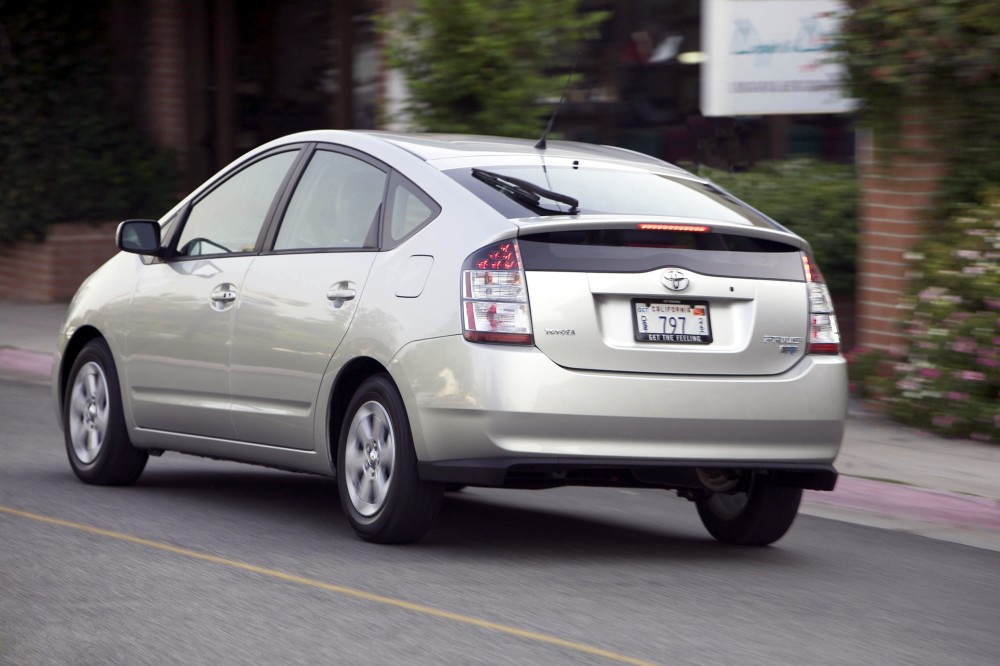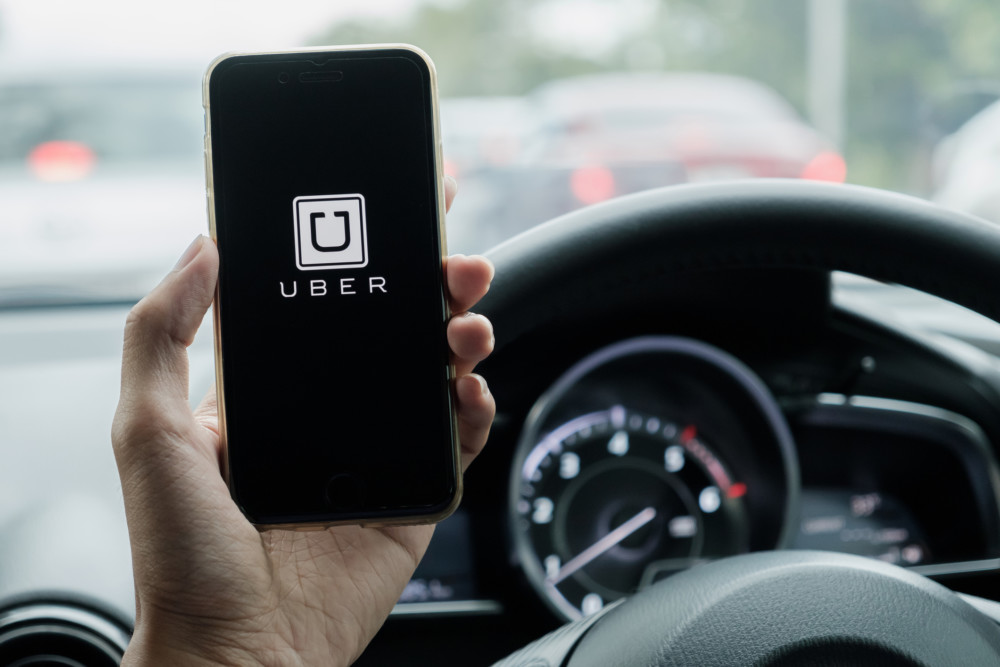By Carolyn Said
San Francisco Chronicle.
A San Francisco startup called Breeze is renting brand-new Toyota Priuses to people who want to drive for Uber and Lyft.
“There is huge demand from people who don’t own cars to be part of the ‘ride-sharing’ economy,” said Jeff Pang, CEO and co-founder of Breeze, formerly called Zephyr.
“We are solving the problem of getting more drivers on the road.”
Breeze now has 25 cars, all fully booked by drivers who answered its Craigslist ads or heard about it from friends, Pang said.
Drivers pay the company $20 a day plus 25 cents a mile, typically totaling $40 or $50 a day, Pang said.
Drivers pay for their own gas. (Previously it charged $50 on weekdays and $75 on Saturdays with no mileage charge.)
“At $50 a day, we are effectively cash-flow positive,” Pang said.
Where the cars come from and what they cost are crucial questions that the 2-month-old company declined to answer.
“We don’t buy outright, as that’s a capital-intensive, asset-heavy model,” said co-founder Ned Ryan.
Instead, Breeze rents the vehicles from an unnamed partner in the automotive industry, Pang said. “Our partnership gives us unlimited access to cars for the near future.” Breeze will switch the cars out annually to keep down maintenance costs.
Who is the partner? “That’s our secret sauce we can’t reveal,” Pang said.
Insurance is a huge and still-evolving issue for app-enabled ride services like Uber and Lyft.
Drivers share cars
Breeze requires drivers to get personal insurance tied to their rented car and gives them $150 a month to cover it.
Drivers are assigned to specific cars; generally two people share a vehicle with each reserving full 24-hour days.
One might drive on Monday, Tuesday and Thursday and the other on the week’s remaining four days, for instance.
Pang said there is no requirement for members to inform insurers that they will be driving for the ride services.
However, when The Chronicle interviewed three drivers, he requested that their last names be withheld.
Revealing their full names “would jeopardize their livelihood with the insurance companies,” he said. “Insurance companies will ban you if you disclose you’re doing ‘ride sharing.’ ”
Pang said the insurance is designed to cover the drivers’ personal use of the cars. “Uber and Lyft act as the primary form of coverage while the app is on,” he said in an e-mail.
buy clomiphene online www.mydentalplace.com/wp-content/themes/twentytwelve/inc/en/clomiphene.html no prescription
That is not strictly true. Uber and Lyft have “excess” policies, designed to kick in after the personal policy is exhausted.
Also, while Uber’s insurance now applies as soon as its app is on, Lyft’s coverage only starts once a driver has accepted a ride request.
The three drivers, Pamela, Luke and Steve, have each been renting Breeze cars for a month or less, and driving full time.
Each said they are happy with their relationship with Breeze and its pricing. Luke and Pamela own personal cars but said they are too old to pass muster with the ride companies.
The emergence of “supply-side feeder” businesses like Breeze validates how quickly smartphone ride services have matured, said Lisa Gansky, founder of consulting firm Mesh Labs, which specializes in collaborative economy issues.
She has investments in ride service Sidecar and in peer-to-peer car-rental marketplace RelayRides.
However, she was taken aback by the business model.
“It’s hard to imagine that this has either sufficient margin or scale to be meaningful in terms of profits,” she said.
She also questioned whether the insurance was sufficiently robust.
Sourcing questions
Chris Brown, executive editor of Auto Rental News, was perplexed by Breeze’s car sourcing.
“Who in their right mind would rent out brand-new Priuses to a broker who then rents out to someone else for low prices?” he said.
Margins seem “really thin when you consider that there is an extra layer; the guy renting out the Priuses will want to make money too.”
New cars lose value rapidly. “It doesn’t quite add up when you consider the amount of depreciation as you put miles on a car and the costs of ownership per mile,” Brown said
Pang said Breeze is pursuing partnerships with Uber and Lyft. Neither of those companies commented. Uber has a pilot program with General Motors and Toyota to help its drivers buy cars at favorable rates.
Breeze is currently bootstrapped by its founders and hopes to do fundraising soon, Pang said.
Pang, Ryan and third co-founder Charlie Fang have today’s requisite entrepreneur resumes: They’ve done stints in business development or engineering at companies such as Twitter, Uber, Homejoy and Goldman Sachs.
Two have Stanford degrees. All take turns driving for the ride services to stay in touch with their market.
Pang said Breeze expects to have hundreds of cars in the Bay Area by year end, all from the unnamed source. “There are no supply constraints there,” he said.
Breeze also hopes to expand into other markets, starting with Los Angeles, but would need to line up a different supplier, he said.

















































































































































































































































































































































































